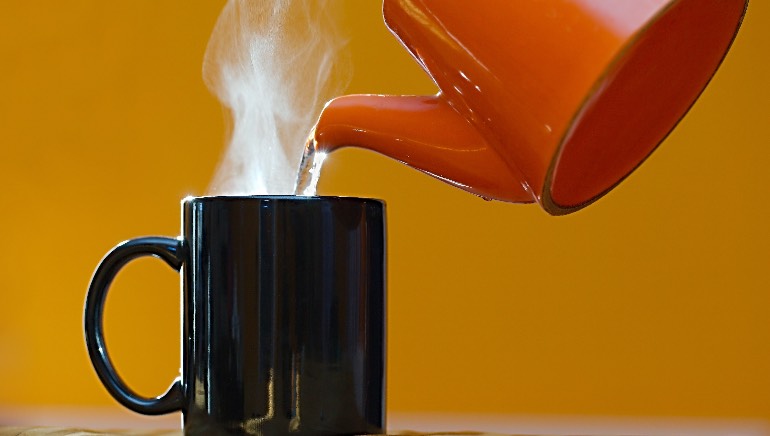By: Clive M. Brown, Abdul G. Dulloo, Jean-Pierre Montani
Published: 01 September 2006
Abstract
Context: A recent study reported that drinking 500 ml of water causes a 30% increase in metabolic rate. If verified, this previously unrecognized thermogenic property of water would have important implications for weight-loss programs. However, the concept of a thermogenic effect of water is controversial because other studies have found that water drinking does not increase energy expenditure.
Objective: The objective of the study was to test whether water drinking has a thermogenic effect in humans and, furthermore, determine whether the response is influenced by osmolality or by water temperature.
Design: This was a randomized, crossover design.
Setting: The study was conducted at a university physiology laboratory.
Participants: Participants included healthy young volunteer subjects.
Intervention: Intervention included drinking 7.5 ml/kg body weight (∼518 ml) of distilled water or 0.9% saline or 7% sucrose solution (positive control) on different days. In a subgroup of subjects, responses to cold water (3 C) were tested.
Main Outcome Measure: Resting energy expenditure, assessed by indirect calorimetry for 30 min before and 90 min after the drinks, was measured.
Results: Energy expenditure did not increase after drinking either distilled water (P = 0.34) or 0.9% saline (P = 0.33). Drinking the 7% sucrose solution significantly increased energy expenditure (P < 0.0001). Drinking water that had been cooled to 3 C caused a small increase in energy expenditure of 4.5% over 60 min (P < 0.01).
Conclusions: Drinking distilled water at room temperature did not increase energy expenditure. Cooling the water before drinking only stimulated a small thermogenic response, well below the theoretical energy cost of warming the water to body temperature. These results cast doubt on water as a thermogenic agent for the management of obesity.











